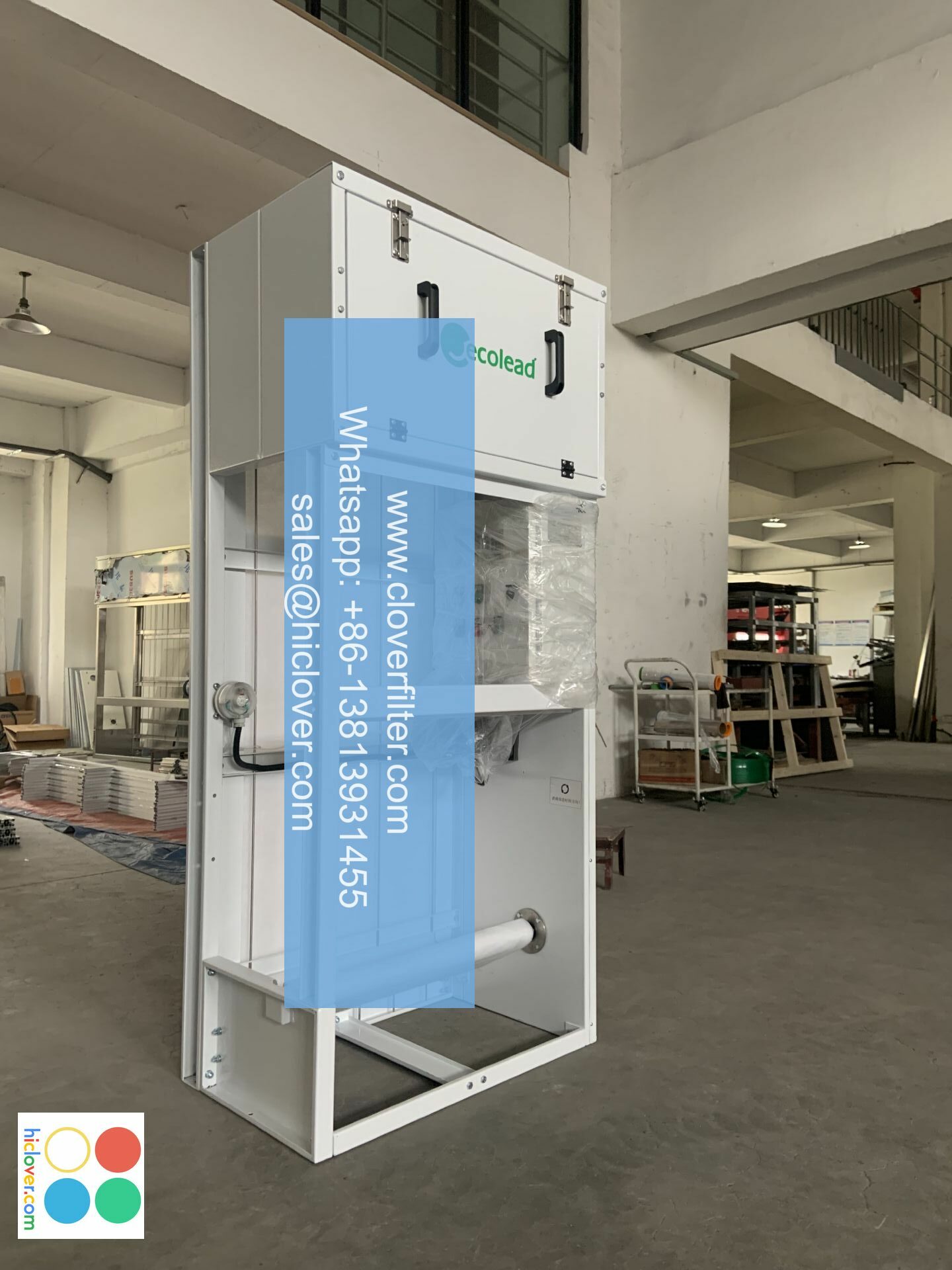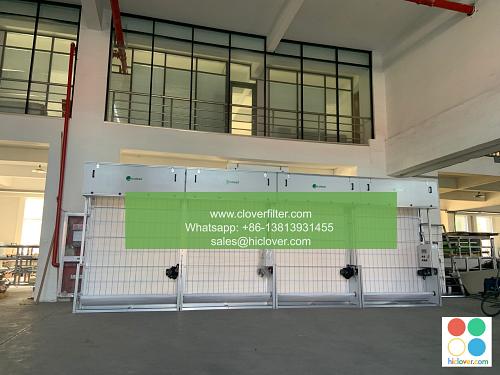Air Filter Regulations and Industry

The air filter industry is a rapidly growing market, driven by increasing concerns about indoor air quality and the need for efficient ventilation systems. As a result, air filter regulations have become a crucial aspect of the industry, with governments and organizations implementing standards to ensure the quality and performance of air filters. In this article, we will delve into the world of air filter regulations and explore the key aspects of the industry, including HEPA filter regulations, air purification standards, and industrial air filtration systems.
Air Filter Regulations: A Global Perspective
Air filter regulations vary across the globe, with different countries and regions having their own set of standards and guidelines. In the United States, the Environmental Protection Agency (EPA) sets standards for air filters, including the Minimum Efficiency Reporting Value (MERV) rating system. The MERV rating system evaluates the effectiveness of air filters in removing particles from the air, with higher ratings indicating better performance. Similarly, in Europe, the
Indoor Air Quality (IAQ) and Air Filter Regulations
Indoor air quality is a major concern, with poor air quality linked to various health problems, including respiratory issues and allergies. Air filter regulations play a critical role in maintaining good indoor air quality by ensuring that air filters are effective in removing pollutants and particles from the air. The American Society of Heating, Refrigerating, and Air-Conditioning Engineers (ASHRAE) has established standards for indoor air quality, including the ASHRAE 52.2-2017 standard, which provides guidelines for air filter testing and performance.
Application Areas: Residential, Commercial, and Industrial
Air filters have a wide range of applications, including residential air filtration systems, commercial HVAC systems, and industrial air purification systems. In residential settings, air filters are used to improve indoor air quality and reduce allergy symptoms. In commercial settings, air filters are used to maintain good indoor air quality and prevent the spread of airborne diseases. In industrial settings, air filters are used to remove pollutants and particles from the air, ensuring a safe working environment and preventing equipment damage.
Air Filter Types: HEPA, Activated Carbon, and More
There are various types of air filters available, each with its own unique characteristics and applications. HEPA (High Efficiency Particulate Air) filters are highly effective in removing particles from the air, including dust, pollen, and other allergens. Activated carbon filters are used to remove gases and odors from the air, while ultraviolet (UV) light filters are used to kill bacteria and other microorganisms. Other types of air filters include electrostatic filters, ionic filters, and smart air filters.
Conclusion
In conclusion, air filter regulations and the air filter industry are complex and multifaceted, with various standards and guidelines in place to ensure the quality and performance of air filters. By understanding the different types of air filters, their applications, and the regulations surrounding them, individuals and organizations can make informed decisions about their indoor air quality needs. Whether it’s for residential, commercial, or industrial settings, air filters play a critical role in maintaining good indoor air quality and preventing health problems. As the air filter industry continues to evolve, it’s essential to stay up-to-date with the latest developments and advancements in air filter technology and air purification systems. You haven’t provided a question or topic for me to address. Please provide more context or information so I can assist you properly. What would you like to talk about or ask?

